Video game platforms have come a long way since the days of Atari. Nowadays, platforms have become more versatile, accessible, and interactive, offering players an ever-increasing range of experiences and options. Whether you’re a player, developer, or advertiser, here are several options of the most popular game platforms to get you started.
This is the third article in our series on why video game advertising is a huge opportunity for brands in 2023.
Roblox
Roblox is an online platform and storefront where users go to play games. Roblox itself is not a game, but rather the platform developers use to host their games. All of the games on Roblox are made by their users and part of the appeal is getting the opportunity to play games made by users, not large corporations. According to some sources, there are about 20 million games on the platform.
Some developers have reportedly made about $1 million in a single year by monetizing their games. Many games on Roblox are freely available, users can spend virtual currency called Robux to purchase aesthetic items. Developers can keep a portion of the Robux and then transfer it to real currency once they collect enough. Roblox is incredibly popular, drawing in about 43 million daily users, and players for some games can range from a few thousand to over 1.6 million. The platform is free and the games are free to download.
In 2021 Anzu teamed up with Roblox to offer in-game advertising options. Anzu says they hope to open up significant revenue streams for Roblox creators by offering additional ad options. Roblox will take about half the revenue for the players spending on the platform, so additional revenue streams are an incentive to developers.
Anzu’s technology allows for adding dynamic banner ads to virtual objects including buildings and billboards. Their advanced technology has already led to signing partnerships with some of Roblox’s top creators with the hopes of delivering real-world in-game ads to Roxlox’s lineup – without disrupting the user experience.
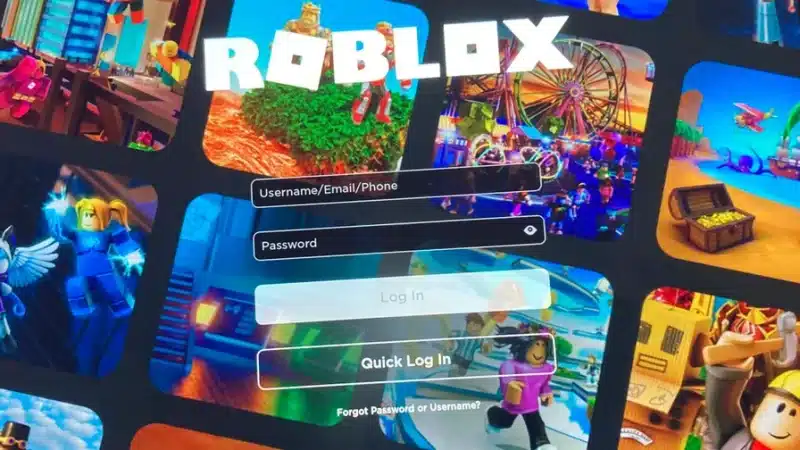
Discord
Discord is a communications app but was originally designed for gamers. As the app became more popular, it has expanded into other uses such as for fan groups and productivity. Discord offers features like voice chat, server creation, and text channels, which make it an essential tool for gaming communities.
Discord also supports integration with many popular games, allowing users to see what their friends are playing, share game-related content, and connect with other players. The platform’s user-friendly interface, robust feature set, and strong community make it a go-to destination for gamers looking to connect with each other.
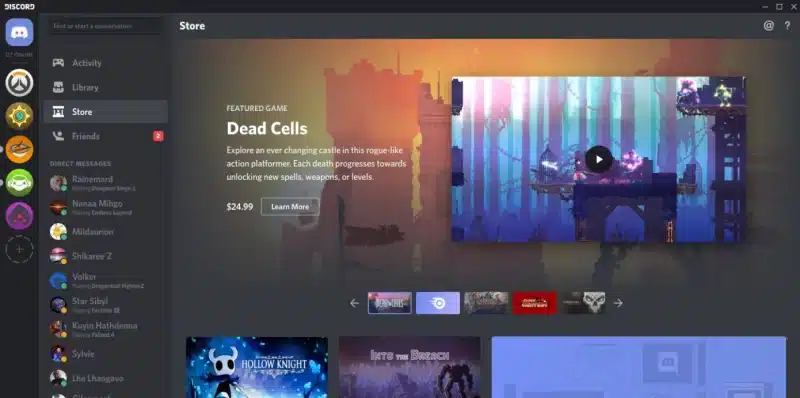
Apple Arcade
Apple Arcade is a video game subscription service from Apple. There are hundreds of games, most of which have been hand-picked by Apple and sit across multiple genres, including family, puzzle, sports, RPG and strategy. There is even a category that suggests games for “beginners.”
It’s not a cloud gaming platform, such as Google Stadia or Microsoft’s Cloud Gaming with Xbox Game Pass Ultimate, but is more like the main Xbox Game Pass service. You download games entirely to your device and can play them as often as you like.
Apple Arcade is $4.99 a month and renews automatically. Unfortunately there are no in-app purchases or ads, so we won’t spend too much time digging into this platform.
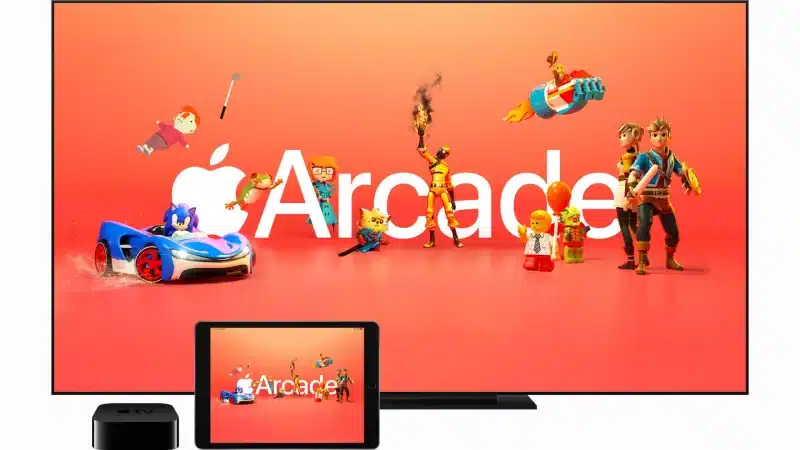
Twitch
Amazon Twitch is a live platform that streams gamers playing video games. 91% of all video game streaming is hosted on twitch and it’s become one of the most popular platforms on the internet, hosting more than 2 million viewers a day.
Much of Twitch’s success comes from the pandemic, which made it a go-to entertainment hub among those stuck at home. Now the platform has over 7 million streamers broadcasting per month.
Twitch’s viewership and engagement skyrocketed in late 2020 as many consumers were bored at home and looking for things to do. Professional sports were off the air, so users looked to fill that void with games. US game sales rose 37% in August 2121, up from 2019. Mobile games even rose as much as 50% in some countries during that same period.
Twitch is often considered the “central hub” for staying up to date with streamers, the latest developments in games, and engaging in the community. According to Twitch Tracker, there are over 3 million viewers, 91,500 channels broadcasting, 1.2 million unique streamers, and 2,900 games live right now (at the time of this publication). Those are huge numbers for brands to consider.
Options for brands looking to advertise on Twitch are robust. The platform offers high-impact displays as well as unskippable ads that integrate into broadcasts.
- Homepage carousel ads show on the center of the homepage in a rotating carousel slot.
- Homepage headliner ads surround premium inventory and can scale with varied screen resolutions and sizes without risking the quality of the ad.
- Medium rectangle ads are placed within the content section of each page.
- Streamable ads amplify viewership to a stream and drive higher views.
- Super leaderboard ads keep viewers engaged while they search for content by displaying a large banner at the top of the page.
- Premium video ads are incorporated into live broadcasts across desktop, mobile, tablet, and connected TV.
- First impression takeover ads let viewers see your ad as soon as they enter Twitch
If your brand is interested in advertising with Twitch, visit the help documentation and schedule a consultation with a strategist, producer, or gaming expert.
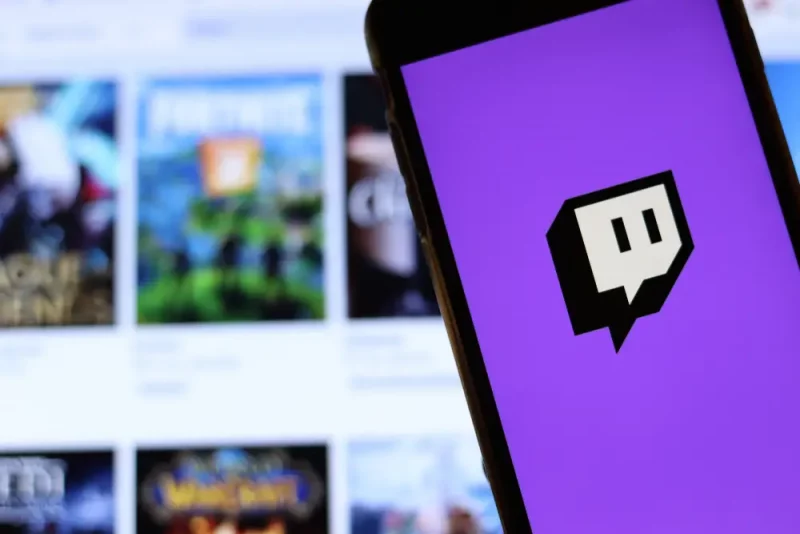
According to Facebook, 40% of the top 500 apps are integrated with the audience network. They also claim that over 1 billion people see an Audience Network ad each month. Additionally, 80% of Audience Network ads are native, which helps drive a much higher revenue than the more common banner ad formats.
Advertising on the Facebook platform isn’t new for most advertisers. But if your brand is new to in-game ads, it may be the easiest place to start. The Audience Network is an off-Facebook, in-app ad network designed for mobile apps. Advertisers can have their ads shown to customers who are using mobile sites and apps other than Facebook. This includes games on iOS and Android.
Brands have many options for ad placements within the Audience Network including:
- Banner and medium rectangle ads are the easiest to create, most common, and are generally non-intrusive
- Interstitial ads are full screen and use natural breaks in the user flow, or pauses in the game
- Native ads are customizable and fit the overall look and feel of the app design
- Native banner ads are customizable banners that fit the overall look and feel of the app
- Rewarded video ads take the user through an immersive ad experience with an incentive in exchange for a completed view such as power-ups or aesthetic items
- Rewarded interstitial ads are skippable, non-intrusive ads that offer rewards for watching during natural pauses or breaks
To utilize the Facebook Audience Network and create an in-game ad campaign, you can visit the help documents here.
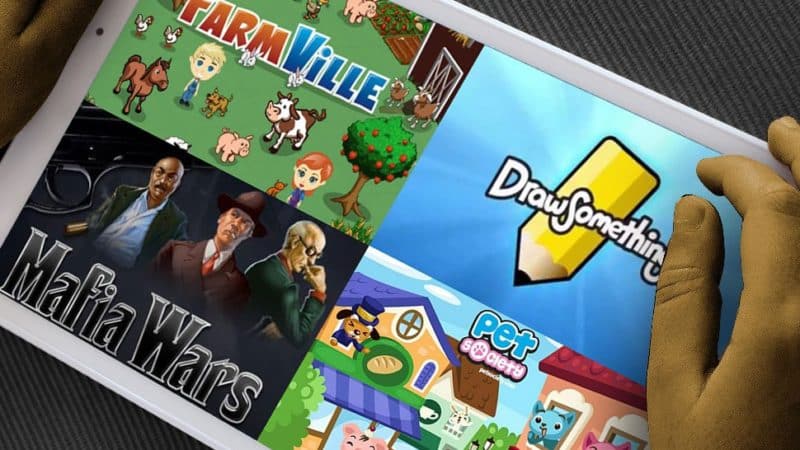
Google Play
Google’s mobile game ad platform allows developers to keep games free, while developers earn the revenue they need to keep the game updated. Since users expect free games, monetization allows developers to offer in-app purchases where users pay fees to upgrade their experience. Since only a fraction of users make purchases on mobile games, ads are a great way to compromise and exchange ad views for extra lives, bonuses, or other “extras.”
Advertisers have the option of choosing between three different ad types when planning their campaigns. Our second article in this series digs deeper into these different types of ads.
- Banner ads
- Interstitial ads
- Native ads
- Rewarded ads
Banner ads are easy to implement and are the best option for casual, single-screen games. Banner ads don’t disrupt the user experience and can refresh regularly, providing the player with a unique experience. Banners ads can also change size to adapt to different screens and devices, making it the top choice for many advertisers.
Interstitial ads are full-screen overlays. They are easy to implement and don’t cause any interruption to the game because of their large size. This ad type is ideal for games with natural transitions and can be shown to users while they are taking breaks. Before choosing interstitial ads, advertisers should consider the flow of the game, the user’s mindset while playing, and whether the ad will cause frustration if shown at an inconvenient time.
Native ads can be customized to match the look, feel, and design of the game it’s being shown on. The ads will consist of an image or video, along with accompanying text. According to Google’s best practices, “Native ads are best shown when users are reading through the screen, not when they are engaged in the app’s main activity. Popular approaches for integrating native ads into the gaming experience include placing ads in a menu, a splash screen before the game’s start, or in a storefront between in-app purchase and upgrade options.”
Rewarded ads show when a user opts in to engage with an ad in exchange for a “reward” within the app. Those rewards can be extra lives, tools, or power ups. Rewarded ads give the player the power to decide whether they want to engage. Rewarded ads have grown 400% in the last year as they drive user engagement and are popular among developers.
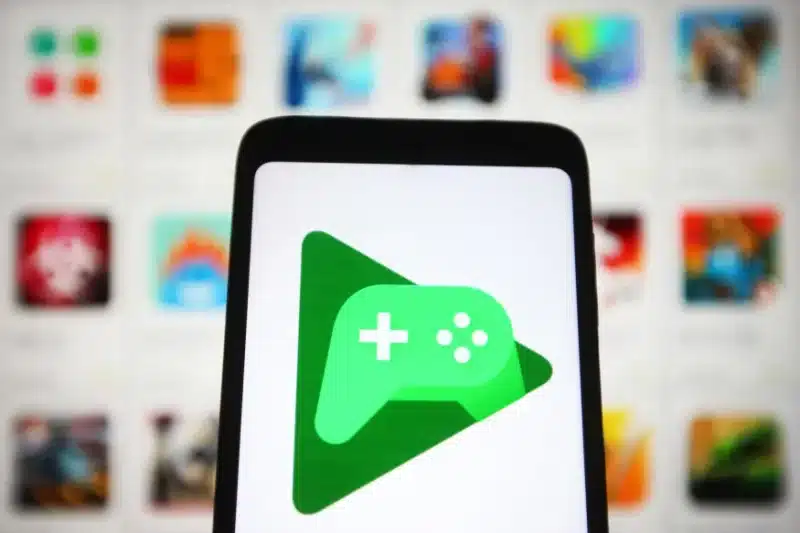
Snap Games
Snapchat’s gaming platform is called Snap Games. It was created as a “way to hang out with your friends on Snapchat” according to Snapchat’s own help documentation. According to Snapchat, about 300 million users have played Snap Games, and more than one-third of Snapchat’s current gaming partners have made over $1 million in revenue.
Snap Games can be found in multiple locations across the app. Players can even talk to friends in the game through in-game messaging, voice chat, and through sharing game highlights to Snaps, Chat, and Stories.
Snap’s mobile-first ads and in-app purchases can help businesses grow their business and earn revenue. The ads in Snap Games are unskippable six-second ads found in other Snap spaces. If users opt-in to watching an ad, they can upgrade weapons, get extra lives, or receive other game-specific benefits not available to those who opt-out.
“Snapchat seemed to find a clean and simple way to integrate the ads. When I get one, it really doesn’t bother me. If there is one, I can’t skip it, but I don’t mind since I get a reward for watching it,” said Chris Higa, an official lens creator on Snapchat who plays Bitmoji Tennis and Tiny Royale. This ad structure is a departure from other games that present in-app purchases. Pokemon Go for example sells one extra life for $3.99 or $9.99 for three extra lives. Although lucrative (the company is expected to make $3 billion by the end of the year), ads give players an option – which is user-friendly and people-first, say some digital ad strategy managers. Players with lower budgets appreciate having additional options.
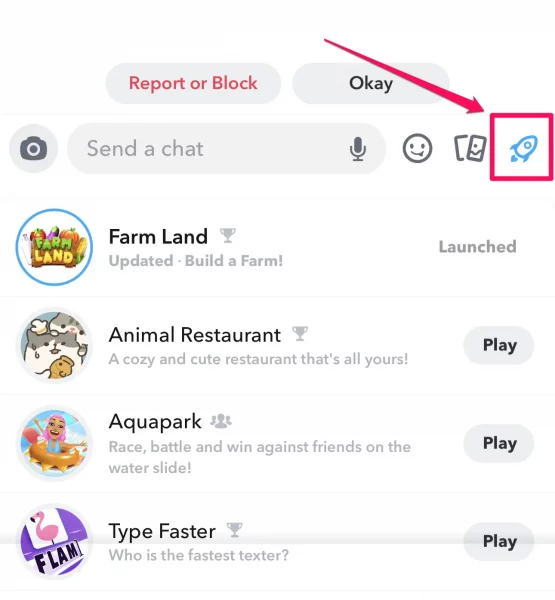
Whatever your brand is, there’s a platform to promote it. Learning who your ideal target audience is, where they’re spending their time, what they’re playing, and your budget are good determining factors in deciding which gaming platforms are right for you.
Related stories
New on Search Engine Land
https://searchengineland.com/maximizing-reach-and-engagement-a-guide-to-the-top-video-game-ad-platforms-for-brands-392718


